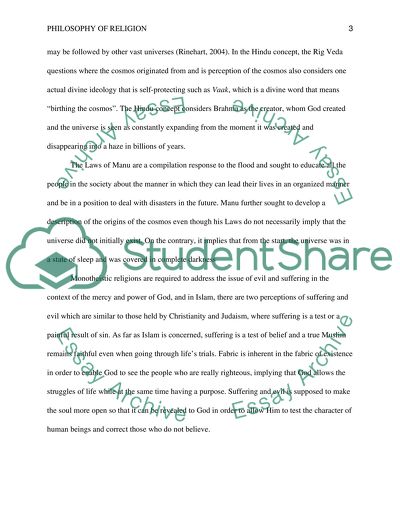Cite this document
(“Philosophy of Religion of Ancient Israelites Essay”, n.d.)
Retrieved from https://studentshare.org/religion-and-theology/1699982-philosophy-of-religion
Retrieved from https://studentshare.org/religion-and-theology/1699982-philosophy-of-religion
(Philosophy of Religion of Ancient Israelites Essay)
https://studentshare.org/religion-and-theology/1699982-philosophy-of-religion.
https://studentshare.org/religion-and-theology/1699982-philosophy-of-religion.
“Philosophy of Religion of Ancient Israelites Essay”, n.d. https://studentshare.org/religion-and-theology/1699982-philosophy-of-religion.


